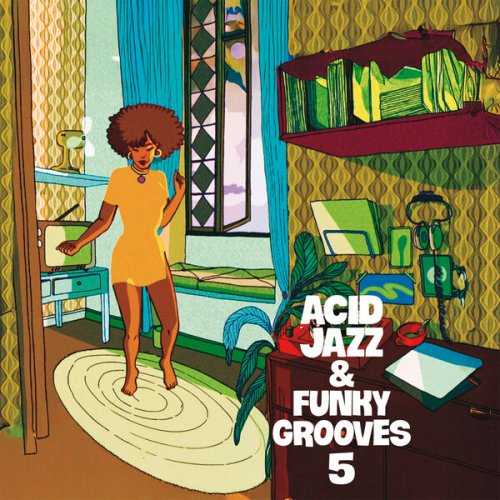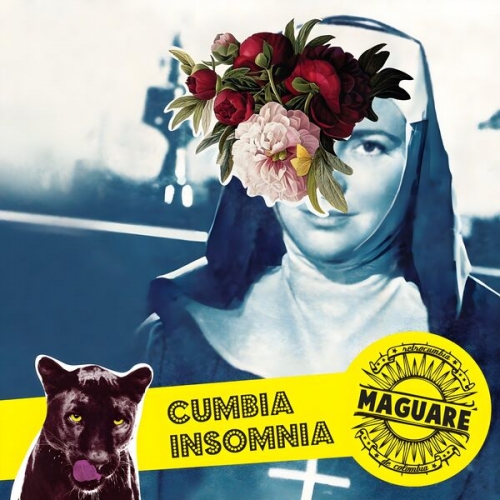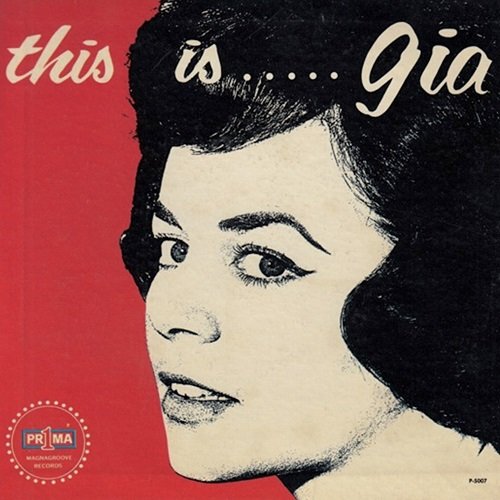Chopin University Press - Aleksander Zarzycki: Songs (2024) Hi-Res
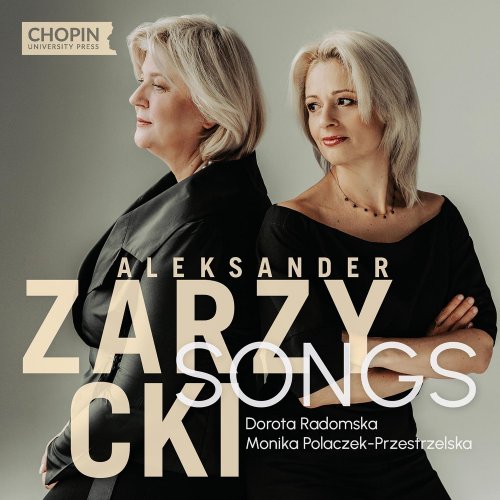
Artist: Chopin University Press, Monika Polaczek-Przestrzelska, Dorota Radomska
Title: Aleksander Zarzycki: Songs
Year Of Release: 2024
Label: Uniwersytet Muzyczny Fryderyka Chopina
Genre: Classical
Quality: FLAC (tracks) / FLAC 24 Bit (44,1 KHz / tracks)
Total Time: 44:19 min
Total Size: 179 / 397 MB
WebSite: Album Preview
Tracklist:Title: Aleksander Zarzycki: Songs
Year Of Release: 2024
Label: Uniwersytet Muzyczny Fryderyka Chopina
Genre: Classical
Quality: FLAC (tracks) / FLAC 24 Bit (44,1 KHz / tracks)
Total Time: 44:19 min
Total Size: 179 / 397 MB
WebSite: Album Preview
01. Moja piosenka op. 13 nr 2
02. Między nami nic nie bylo op. 13 nr 4
03. Widzę Cię zawsze we snach nocnych moich op. 13 nr 5
04. Ona op. 13 nr 6
05. Tęsknota op. 13 nr 7
06. Ach jak mi smutno op. 13 nr 11
07. Czyliż on zgadnie op. 13 nr 13
08. Gdyby kwiatki to wiedziały op. 13 nr 14
09. Zielona jałonka op. 14 nr 7
10. O zmroku op. 14 nr 8
11. Bez Ciebie F-dur
12. Błąka się wicher w polu op. 15 nr 3
13. Nie będę cię rwała op. 15 nr 4
14. Siedzi ptaszek na drzewie op. 15 nr 5
15. Panieneczka op. 28 nr 1
16. Astry op. 28 nr 2
17. Dola op. 21 nr 1
18. Dziewczę i gołąb op. 21 nr 2
19. Nie mów op. 21 nr 3
Nineteen songs by Aleksander Zarzycki (1834–1895) from opuses 13, 14, 15, 21 and 28, together with a non-opus miniature to words by Zacharjasiewicz, interpreted by Dorota Radomska and Monika Polaczek-Przestrzeska, make up the repertoire of the presented album. The artistic value of Aleksander Zarzycki's songs was noticed by Władysław Żeleński, who wrote about his work as follows: "we value songs the most, [...] he enriched our entire musical literature with true pearls of inspiration. In them, Zarzycki turned out to be a true poet [...]. These are real diamonds, whose shine and artistic setting make an impression. Everything about them is refined and noble.”
The selection of fragments from Zarzycki's song collection fits Dorota Radomska's original anthology into the "high tone" style typical of late Polish romanticism. The period in which the songs selected and recorded on record were written (1868–1895) is a time associated with the culture of the salon, poetic and musical formations of the epilogue era. We perceive it as reflective, slightly dreamy music, close to modernism.
Zarzycki's song legacy is another proof that in the post-uprising situation in our country, earlier ideas - romantic ones - even though they were supported by the scaffolding of positivism - did not lose their supporting power. On the contrary: they were reborn with increased power precisely in the period of the composer's full creative maturity and at the end of his life. The mainstream of musical performance in the era of positivism was distinguished by its sophistication, but also a certain distance. The aesthetics of those times undoubtedly influenced Zarzycki's pianistic interpretations. However, this restraint on stage is still desirable today in relation to song performances. The idea is to bring contemporary vocal performance closer to the creator's intention; perpetrator concerned about the perfect harmonization of all the components of his miniature "pearls" and "diamonds" for one voice with the piano.
The selection of fragments from Zarzycki's song collection fits Dorota Radomska's original anthology into the "high tone" style typical of late Polish romanticism. The period in which the songs selected and recorded on record were written (1868–1895) is a time associated with the culture of the salon, poetic and musical formations of the epilogue era. We perceive it as reflective, slightly dreamy music, close to modernism.
Zarzycki's song legacy is another proof that in the post-uprising situation in our country, earlier ideas - romantic ones - even though they were supported by the scaffolding of positivism - did not lose their supporting power. On the contrary: they were reborn with increased power precisely in the period of the composer's full creative maturity and at the end of his life. The mainstream of musical performance in the era of positivism was distinguished by its sophistication, but also a certain distance. The aesthetics of those times undoubtedly influenced Zarzycki's pianistic interpretations. However, this restraint on stage is still desirable today in relation to song performances. The idea is to bring contemporary vocal performance closer to the creator's intention; perpetrator concerned about the perfect harmonization of all the components of his miniature "pearls" and "diamonds" for one voice with the piano.
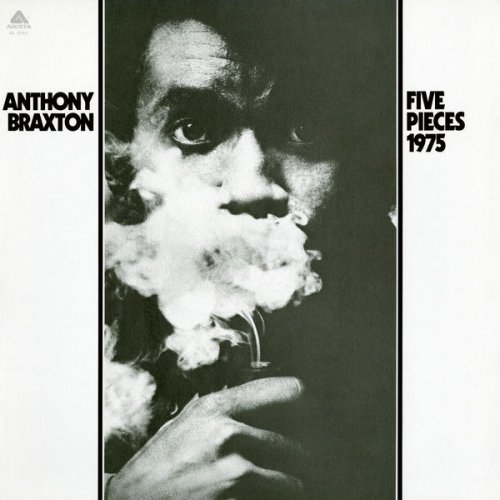
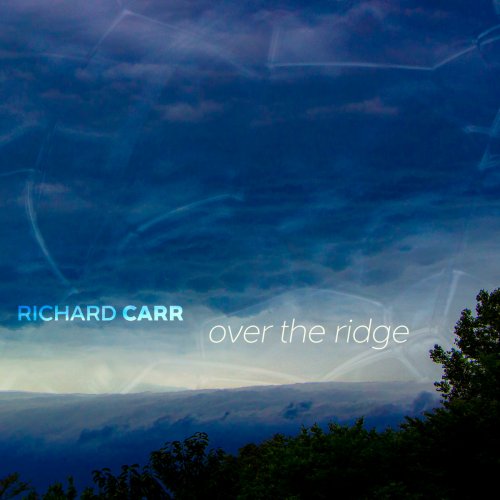
![Dave Bainbridge - ON THE EDGE (OF WHAT COULD BE) (2025) [Hi-Res] Dave Bainbridge - ON THE EDGE (OF WHAT COULD BE) (2025) [Hi-Res]](https://img.israbox.com/img/2025-12/18/7l4en830rpyaxdtr7izc3qrx6.jpg)
![Brad Keeghan - Brad Keeghan (2025) [Hi-Res] Brad Keeghan - Brad Keeghan (2025) [Hi-Res]](https://www.dibpic.com/uploads/posts/2025-12/1766078373_cover.jpg)
